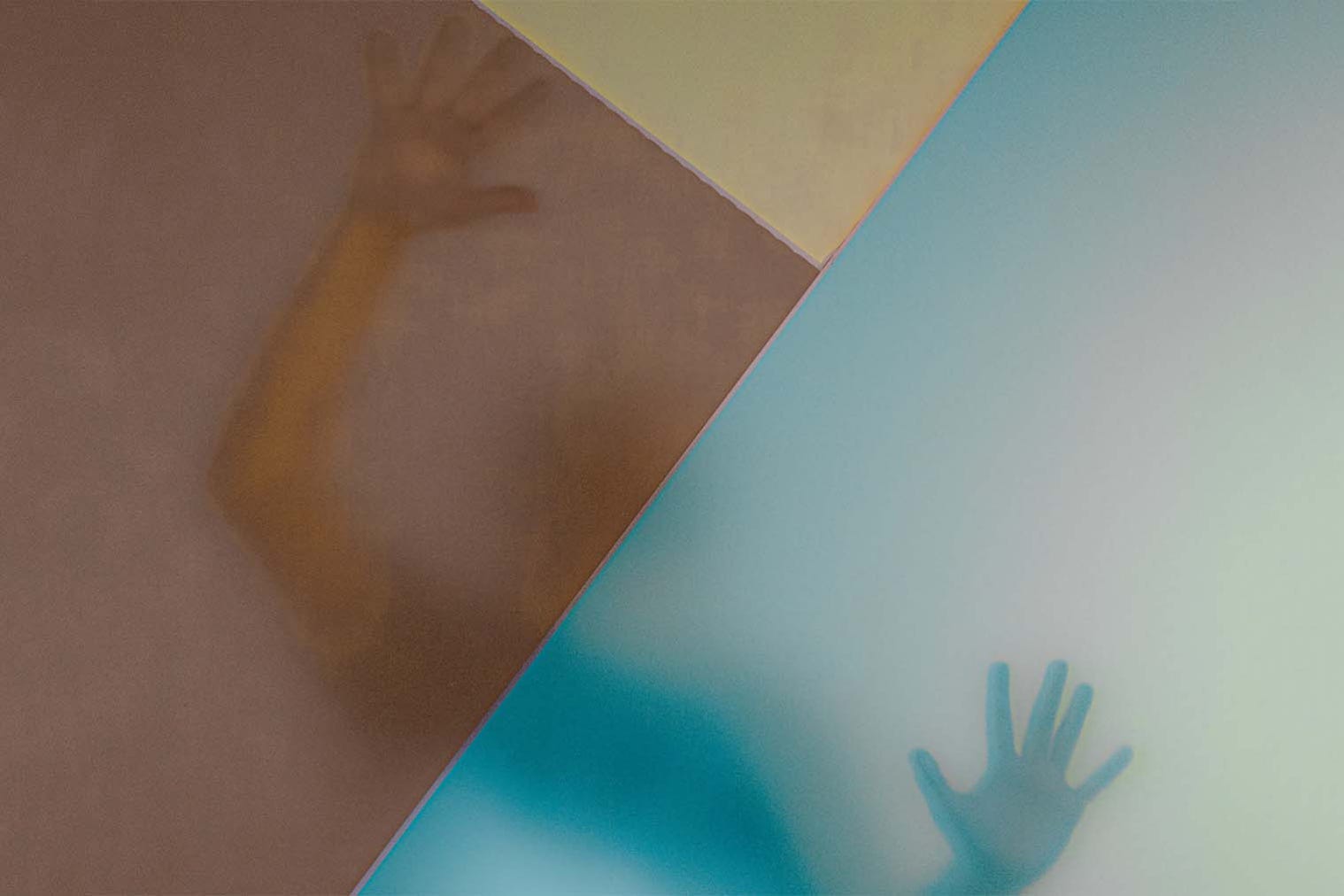
Roman Kokoev
JOURNAL
The Confines of Creativity
I was once asked to speak about creativity at a seminar. I was relatively young at the time, firm and unyielding in my beliefs, and had already been hardened and somewhat disillusioned by my profession.
For me, writing—that is, creative work—meant suffering. I couldn’t stand that all kinds of tinkering and dabbling were called creativity. I was even more annoyed if someone had the audacity to enjoy such pointless pursuits.
“Not everyone is creative,” I proclaimed from the podium. “Raking leaves is not creative, no matter how creatively you try to approach it.”
How embarrassing.
I COULDN’T STAND that creativity was associated with just about anything. For me, creative work was a serious undertaking.
At worst, I used to be paralyzed by the anxiety of writing for several days at a time. I could write for only five minutes at a stretch—then I had to stand up and wander aimlessly around the apartment from one room to another, panting.
“It’s as though I am giving birth,” I said to my husband.
“You are,” he replied.
CREATIVE WORK is cruel because anyone can give you unsolicited advice and comment on the results of your work.
I have received feedback on the characters in my books, for example: they are not nice enough. Not nice enough? Who is interested in nice people? Characters in novels have a license to be horrible. And in this era of crime fiction—if no one is killed in a book, is it really a book?
“Remember to always write happy endings!” my late uncle used to say every time we said goodbye after seeing one another. I nodded meekly, but I never took his emphatic advice.
FORTUNATELY, the myth about angsty artists, which used to be closely associated with creativity, is no longer fashionable. I believed in it for much too long.
An actor colleague told me that during her first year at drama school, everyone had been asked to describe their background. It was a showdown of one-uppance: alcoholic fathers, sick mothers, the full gamut.
The last but one to speak was a former drug addict. He talked about what had been the wake-up call: he had been sitting on a bench in a park with a friend, when someone had suddenly struck the back of the friend’s head with an axe.
The last to speak was a young woman.
“Well, I sort of had a nice childhood in the suburbs,” she said, apologetically. The atmosphere was ruined.
A FRIEND OF MINE decided to become a carpenter after having supported himself as a musician and visual artist up until that point.
He feels that his work as a carpenter is immensely liberating.
“When you are making a chair, you know that it will become a chair,” he explained. “When you are making an album or a painting, it may well turn out to be shit.”
© Anna-Leena Harkonen 2021




